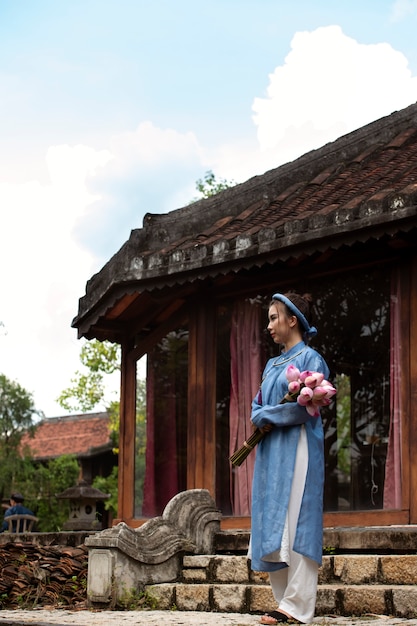
Living abroad is really different from just visiting a country. We’ve had the chance to deeply explore the Chinese lifestyle, customs, and culture, realizing how much more there is to learn compared to our short trip here.
One unique aspect is how age is calculated. In China, you’re considered one year old at birth, and you gain another year every Chinese New Year. So, if you’re born in January, you’re one year old, and by February, you’re already two, even though you’re just two months old! We often ask our students if they’re nine in Chinese years or actual years.
Red is a lucky color in China, symbolizing money and prosperity, but never write someone’s name with a red pen. It implies that the person will die soon. This stems from ancient times when the names of the deceased were written in red on gravestones and plaques.
Chopstick etiquette is important here. One key rule is never to stick chopsticks vertically in a bowl of rice; this signifies feeding the dead. Also, never point chopsticks at someone, whether you’re holding them or they’re resting on your plate—it’s considered rude.
Chinese people often eat and drink quickly. They’ll arrive at a restaurant, place their order, eat in about five minutes, take quick shots of the local alcohol, and leave within an hour. This is quite different from the leisurely dining experience in Canada, where meals often include appetizers, desserts, and coffee.
Comments on appearance are straightforward in China. Whether someone calls you fat, ugly, handsome, or beautiful, it’s normal and not offensive.
In the spring and summer, women wear very short skirts and high heels but pair them with conservative tops—cleavage is never shown, as Chinese women are very modest about it.
Chinese people typically don’t use air conditioning or heating units much. If they’re cold, they wear more clothes. If they’re hot, they endure it, as they believe going from hot to cold can be unhealthy.
Cold beverages are also a no-go. You’ll see people drinking hot or room-temperature water, as it’s believed to aid digestion. They think drinking cold water forces the body to expend energy warming it up.
Public displays of affection are uncommon. In modern cities, you might see young couples holding hands, but hugging or kissing is rare.
There’s a belief here that if you’re warm, you can’t catch a cold or get sick. Once, Nick was coughing, and a Chinese friend commented, “How can you be coughing? It’s warm outside.” It’s a typical local mindset.
Chinese people stick to wearing winter clothing until a specific date, no matter the actual weather. Recently, it was 32 degrees, and people were still in winter coats and boots. Our students come to class in multiple layers, sweating, but since it’s not officially spring yet, they continue to dress warmly.
After a baby is born, the mother is expected to stay in bed and keep warm for a month, avoiding showers or brushing her teeth to prevent catching a cold, getting headaches, or damaging her teeth and gums. Cold foods are also avoided.
In China, bodily functions in public, such as farting, burping, and slurping, are completely normal and not considered rude, unlike in the West.
Experiencing the world’s oldest culture firsthand has been eye-opening. Living in China has provided us with a new perspective on its people, who are among the kindest we’ve met.
Have you lived abroad and discovered interesting cultural insights? We’d love to hear your stories! Leave a comment below.
